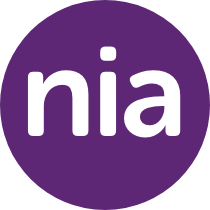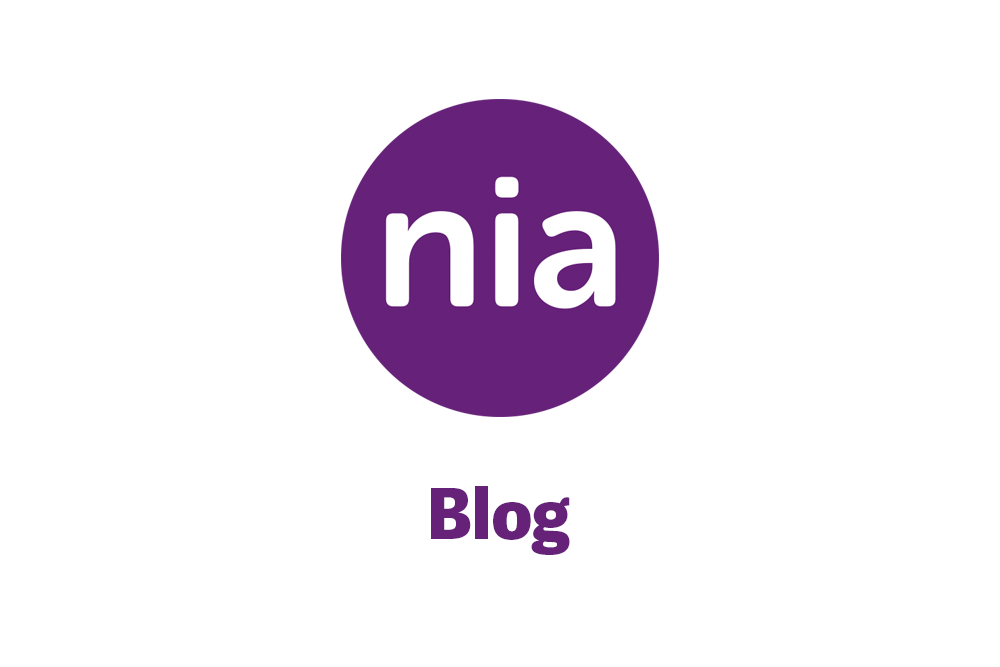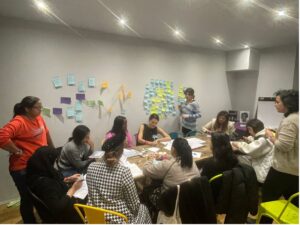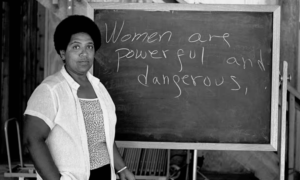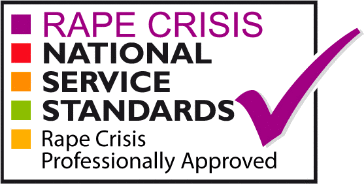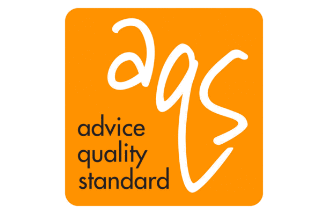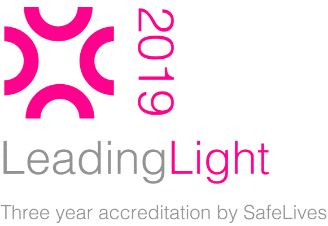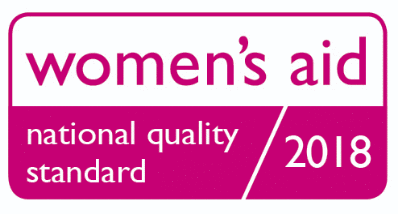We welcome the news that the proposal to introduce self-identification of gender has been scrapped, but even more, that the single-sex exemptions in the Equality Act remain and are clarified as being applicable to women as a sex.
nia has been supporting women subjected to sexual and domestic violence and abuse for 45 years. It was immediately clear to us the proposed changes to allow people to self-identify their ‘gender’ created a conflict with women’s rights and protections. We know that gender is socially constructed and gender stereotypes are a key instrument in maintaining sex inequality. We know that sex matters, sexual and domestic violence are not ‘gender neutral’ but overwhelmingly perpetrated by men upon women. The single-sex exemptions contained within the Equality Act were intended to provide a route through the conflict, but the Equality and Human Rights Commission (EHRC) guidance on the Act and exemptions was unclear, potentially misleading and open to misinterpretation. We therefore strongly welcome the clarification that the single-sex exemptions for those who need the support of sexual and domestic violence services, refer to women as a sex, and do not compel the inclusion of males who hold a gender recognition certificate.
One of the most obvious ways to create a safe space for women is to create a space without men. 75% of perpetrators of crimes of domestic violence are male. 92% of those convicted of homicide are male. 99% of those convicted of rape by penetration are male . A gender recognition certificate, whether through self-identification or a verification process, does not change a person’s sex; it does not undo years or decades of sex-role socialisation and it will not stop an abusive man from being abusive. Men are more likely to be violent and keeping men out keeps women safer. This is essential in life-saving services like women’s refuges.
But it isn’t simply about men’s greater propensity to violence, it’s about focussing on the needs of women who have been subjected to violence and abuse. Some women who’ve been subjected to men’s violence develop a trauma response, particularly those subjected to sexual violence and/or childhood abuse. This affects brain functioning and as a result may have a profound impact on a woman’s ability to function, and to process and recover from abuse in the presence of men. While this will not apply to all women who have been abused, or apply to those that are affected all the time, the priority of specialist services should be those women for whom it does; and to create a safe space where women’s psychological well-being is prioritised. Whether males are violent or not, whether they hold a gender recognition certificate or not, keeping males out can help create an environment in which women can recover.
Gaslighting is a common tactic used by abusers to manipulate their victim(s), making them doubt their own judgement and question their perception. The mantra ‘trans women are women’, pushed by transactivists and lobbyists, is large scale gaslighting and has been used as propaganda to coerce individuals and institutions into compliance. Those that use this phrase well-meaningly should pause and reflect. We thank the women and men who have resisted. We support universal human rights. We should all be able to live our lives safely, without fear and without discrimination. Recognising sex differences does not mean denying some people’s human rights. Liz Truss’s announcement clearly does not roll back trans rights. For women, today’s announcement is less about progressing women’s rights and more about protecting our hard-fought for legal protections due to sexual discrimination and men’s violence.
nia has largely stood alone amongst UK organisations providing services to women, girls and children subjected to men’s violence, in our openly-expressed commitment to maintaining single-sex services and applying the exemptions in the Equality Act which permit this.[1] We did this because we put women survivors first. Slowly others have begun to stand alongside us but we have been profoundly disappointed by those so-called women’s rights groups, service providers, and second-tier organisations – particularly those who claim to support abused women and girls – which have failed to speak up for women; or overlooked women’s needs in an impulsive, well-intentioned but ultimately unthinking attempt to appear inclusive. We are delighted that our determination to focus on women has been vindicated. Our work to ensure women who have been subjected to men’s violence can access women-only, single-sex services, continues. We urge the government to ensure that this happens. We ask that specialist women’s services, in particular those funded by local, national and regional government, including police commissioners, are not pressurised through their funding arrangements, to include males. This would seriously undermine utilisation of the Equality Act exemptions and it would be some of the most vulnerable women who lose out.
We condemn the lobby groups and activists who touted, and continue to tout, misinterpretations of the Equality Act and the single-sex exemptions. They have weaponised the lack of clarity in the EHRC guidance and have created an environment where some specialist women’s service providers either believed that they did not have a choice or were afraid to deliver women-only services. We denounce those who led, joined or ignored attacks on women who spoke out for women, including those who have tried to erode lesbians’ sexual boundaries by pushing the claim that males who identify as women can be lesbians. We hope that these organisations and individuals are held to account.
The resistance to the GRA reforms, the defence of the single sex exemptions and the women’s boundaries, have been led by survivors and grassroot feminist activism. We believe that without these women, the GRA reforms would have been passed and the planned erosion of single-sex provisions would have intensified. We acknowledge the tenacity of our sisters and male allies, and extend our gratitude to all who have played a part. We thank the government for listening to women. We welcome today’s announcement but feminists’ work to dismantle gender and its pernicious effect on sex inequality is far from over. As a specialist independent charity supporting women girls and children subjected to sexual and domestic violence and abuse, including prostitution, our work continues.
